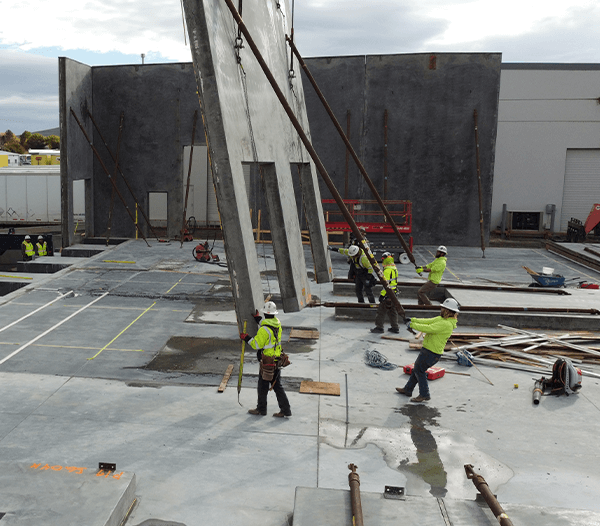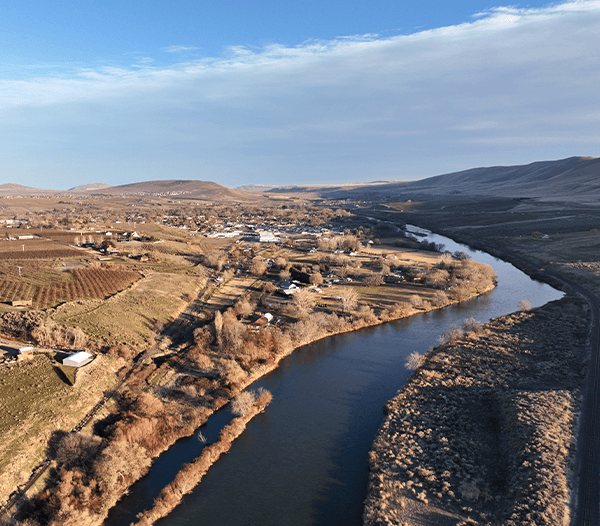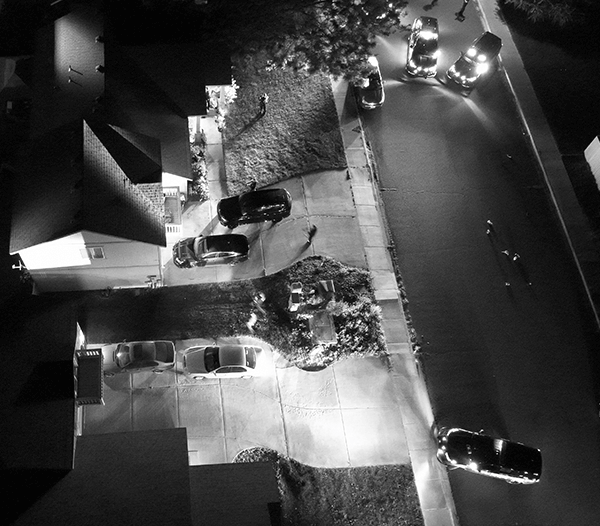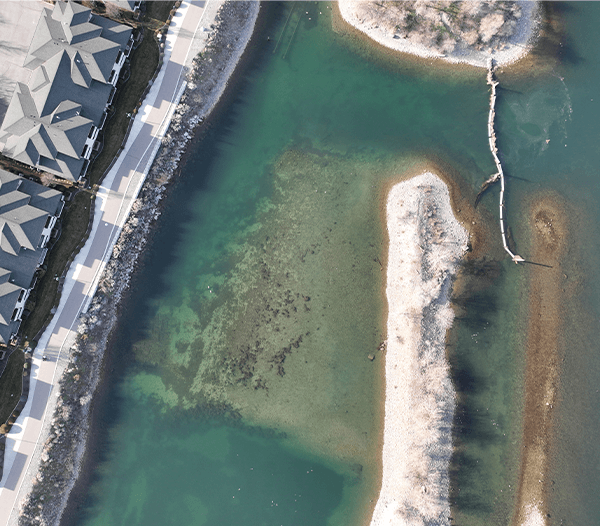About Drone Services
Transforming Perspectives
Drone Services at Big Brother Aeronautics
Led by Jeffery Cobb, an FAA licensed Part 107 pilot since 2020, Big Brother Aeronautics embodies a commitment to excellence in the field of drone operations. Our foundation is built on Jeffery’s deep expertise and continuous engagement with key industry organizations. His active participation with the Law Enforcement Drone Association (LEDA), Pilot Institute, FAA Drone Zone, and Aircraft Owners and Pilots Association (AOPA) ensures that we remain at the cutting edge, fully compliant with the latest regulations and best practices.
At Big Brother Aeronautics, we’re not just about flying drones; we’re about pioneering solutions in aerial technology. Whether it’s for emergency response, environmental assessment, infrastructure inspection, or creative cinematography, our services are designed to meet the diverse needs of our clients with precision and innovation. We’re committed to pushing the boundaries of what’s possible with drone technology, delivering exceptional results that elevate your projects to new heights.
Precision and Quality in Every Flight
Our Fleet & Expert Pilots
Our diverse fleet of drones, all registered with the Federal Aviation Administration, is piloted by highly skilled professionals. Each of our pilots holds an FAA Part 107 certificate and is fully insured under our company policy, ensuring safe and compliant operations.
interior and specialized shots
Ideal for interior and specialized shots, these drones offer agility and precision in confined spaces.
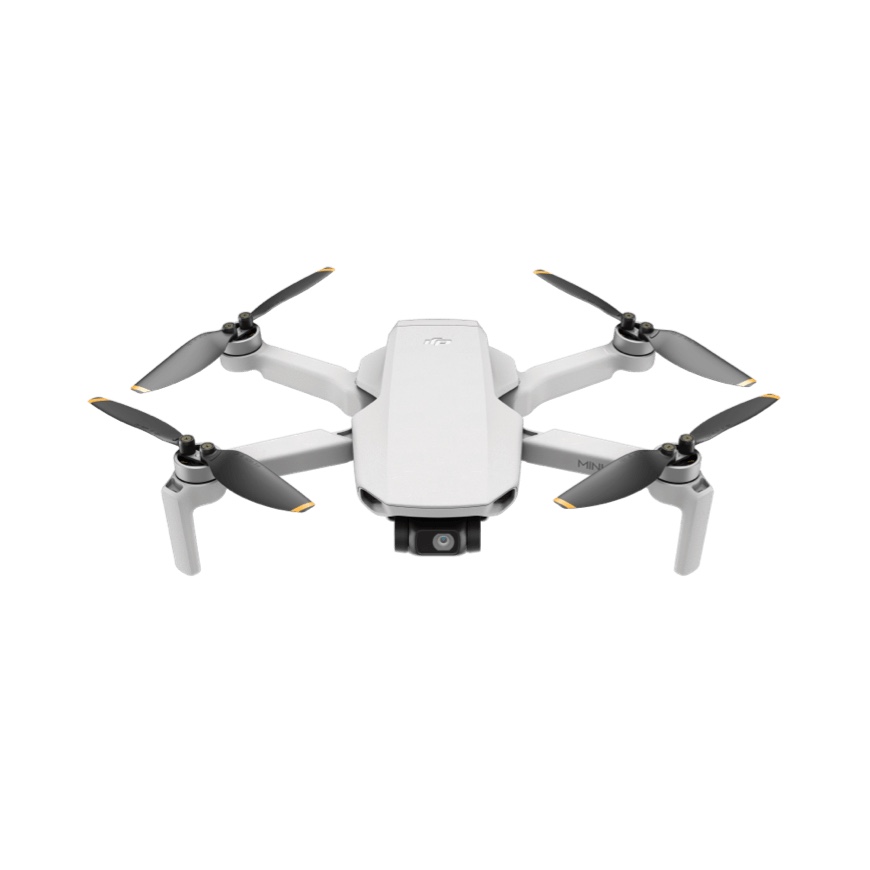
Mini 2™
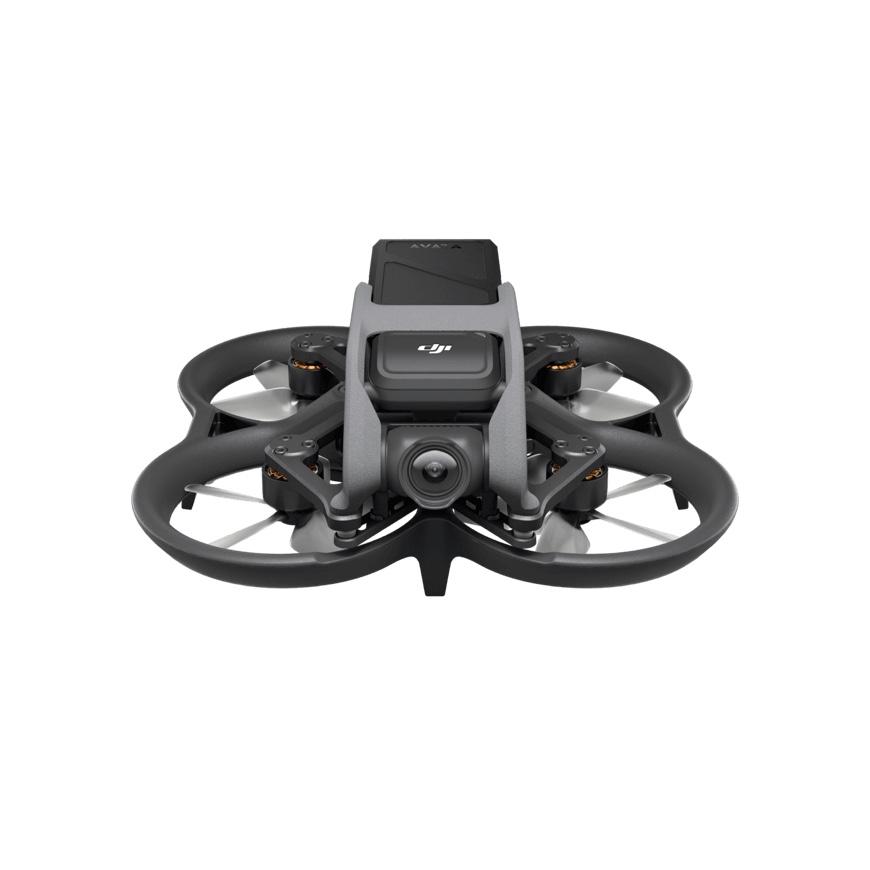
Avata™
high-quality camera & filter abilities
Known for its superior Hasselblad video and still camera capabilities, this drone is perfect for capturing high-quality footage with advanced filter options.
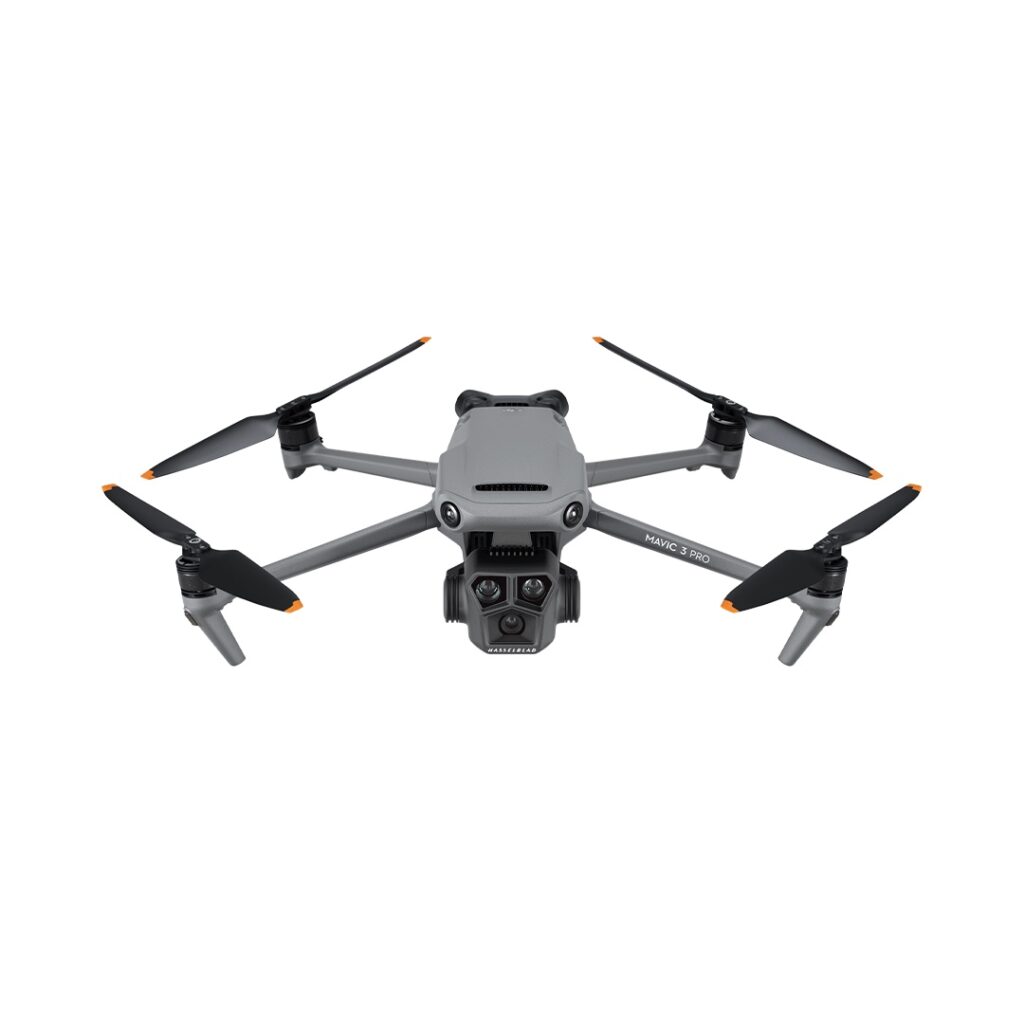
Mavic 3 Cine™
enterprise series
Our most robust enterprise series drone. It excels in extended operational time and features three high-quality cameras, including a wide-angle lens, up to 200x zoom, and thermal imaging, making it suitable for a wide range of demanding tasks.
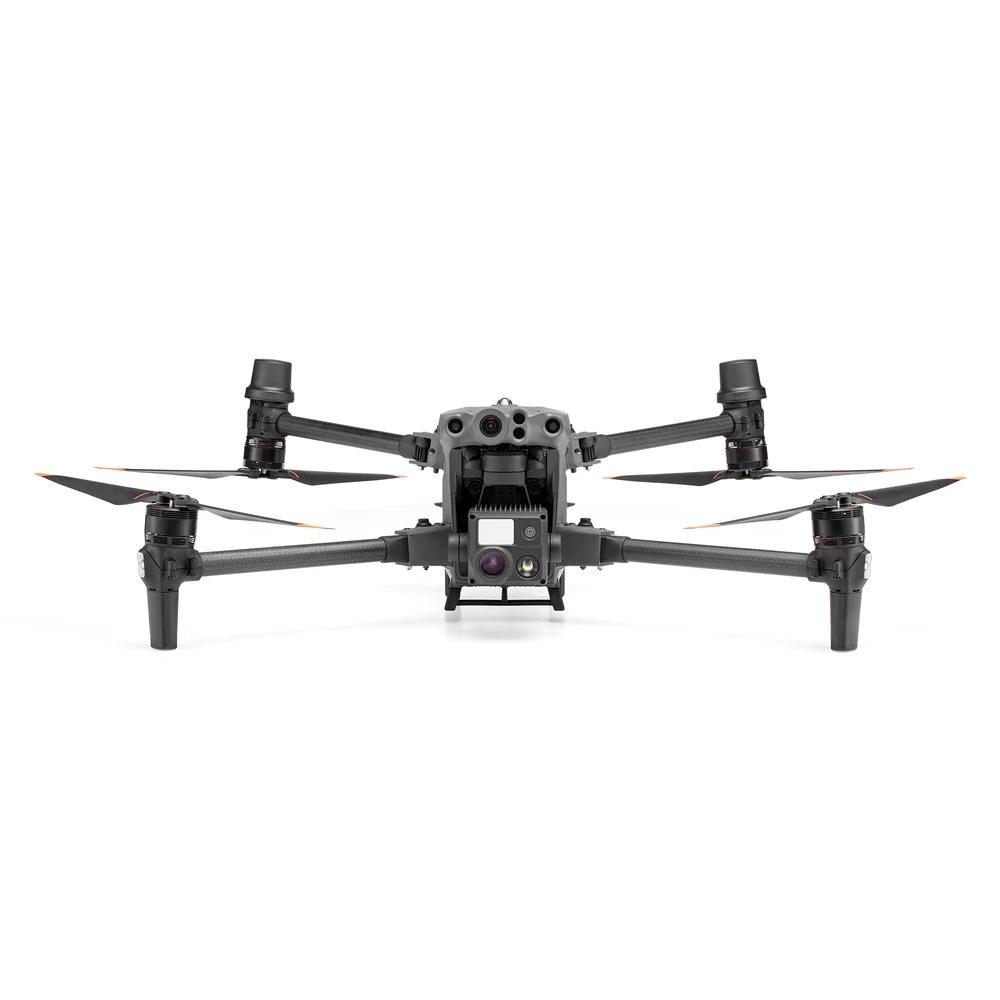
Mavic-30-Thermal™
Frequently Asked Questions
Our Fleet and Expert Pilots
Our diverse fleet of drones, all registered with the Federal Aviation Administration, is piloted by highly skilled professionals. Each of our pilots holds an FAA Part 107 certificate and is fully insured under our company policy, ensuring safe and compliant operations.
In the United States. Drones are often referred to as Unmanned Aerial Vehicles (UAV), Unmanned Aerial Systems (UAS), or Small Unmanned Aerial Systems (sUAS). These devices typically weigh less than 55 lbs. and are capable of carrying a payload, usually a camera. They can live-stream footage to the operator on the ground and to social media platforms. Drones offer a more cost-effective solution than traditional aircraft for capturing images and video, while also being more environmentally friendly.
No, commercial drone operations are not illegal as long as you have the appropriate licensing. Our drone operators all hold, at a minimum, a FAA Part 107 UAS Airman Certificates, which became a requirement as of August 29, 2016, for commercial applications. For more information, please refer to the chart at the bottom of this page.
Any drone operation that is tied to generating income is considered commercial by the Federal Aviation Administration (FAA). This includes contractors using drone footage for project estimates and realtors showcasing property listings. Essentially, if you're not using your drone strictly for hobby or recreational purposes, you are required to comply with commercial regulations and secure the proper licenses.
According to FAA guidelines, small UAS can fly up to 400 feet Above Ground Level (AGL), unless a Certificate of Waiver is obtained, or 400 feet above a structure. Most operations do not require going above 200 feet. There are, however, exceptions for certain industrial needs like wind turbine inspections, cranes, and other high-level infrastructure.
Sometimes. The FAA is always updating their regulations and recently has allowed night flying for Part 107 pilots. However, there are lighting requirements and line of sight requirements to consider. There is also the possibility of exceptions on a case-by-case basis. Nighttime operations come with additional risks and thus require special training and permission from the FAA. Big Brother Aeronautics meets the requirements for training to engage in night operations.
Flying near airports requires special permissions that vary from one airport to another. It is also highly dependent on the type of airspace around your specific airport. It is essential to know the regulations and if necessary, reach out to the FAA, or sectional air map for guidance. Feel free to contact for more specific information on your project location.
Our drones can typically fly for 15 to 41 minutes on a single battery, depending on factors like wind conditions, air temperature, and payload. We carry multiple batteries to extend the overall flight time.
The FAA restricts flying over people who are not involved in the drone operation. Exceptions can be made on a per-flight basis, but a valid reason is required.
Yes, this is possible. But we generally advise against it. Flying indoors can be risky due to the absence of GPS and FAA guidelines that restrict flying near people. Our pilots have received additional training and our indoor pilots have shown proficiency in this arena.
| Requirements for operating in the National Airspace (NAS) | Part 107 Regulations and how they apply to operators |
|---|---|
| You must be a licensed pilot | You must hold a UAS Airman Certificate after passing an aeronautical knowledge test and TSA background check |
| You must have a certified aircraft | Drone (UAS) operators must maintain a UAS in condition for safe operation in the NAS and must inspect before each flight |
| You must have a registered Aircraft | You must register your UAS with the FAA to be in compliance. This applies to both commercial operators and hobbyists. |
| You must have operational approval | You must operate according to the Part 107 regulations for UAS operators (max airspeed, max altitude, airspace restrictions, etc.) and you must know when approval from FAA/ATC is necessary. |
Our diverse fleet of drones, all registered with the Federal Aviation Administration, is piloted by highly skilled professionals. Each of our pilots holds an FAA Part 107 certificate and is fully insured under our company policy, ensuring safe and compliant operations.


